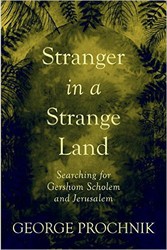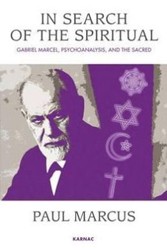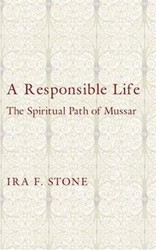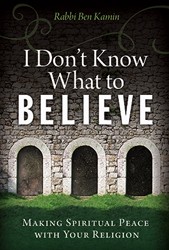By
– September 28, 2012
At first glance, The Holy Thief appears to be a pop culture, ‘touchy – feely’ type of book presenting the familiar story of how one man hits rock bottom and turns his life around. The Holy Thief delivers that story, but it is so much more as well — a fascinating memoir of the remarkable Rabbi Mark Borovitz. Con man, gambler, thief and drunk, Borovitz ended up spending years in prison for the many bad checks he had passed and illegal schemes he had been involved in over the years. While in jail, he had a spiritual awakening that inspired him to change his life. Eventually, Borovitz was released, went on to work and study and then become the rabbi at Beit T’Shuvah, a Jewish recovery house that uses the Torah and the 12 steps of Alcoholics Anonymous to help others recover from addiction and change their lives. Rabbi Borovitz is an amazing man, and his extraordinary life as he lives it through the principles of the Torah and the 12 steps, is a passionate and inspirational story.
Barbara S. Cohen is a trial attorney in Los Angeles who specializes in child abuse cases. She is a member of NAMI and a supporter of NARSAD, and is an advocate for those who suffer from mental illness.





